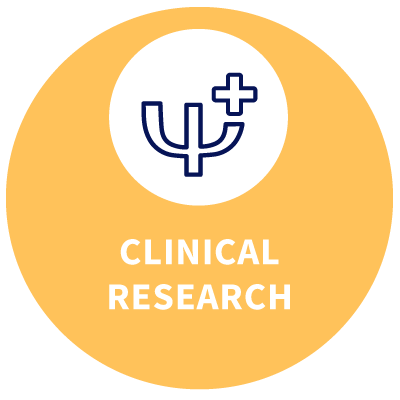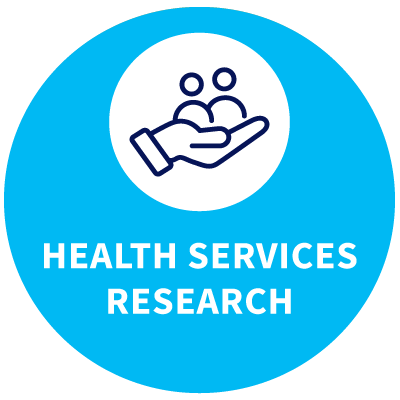Furthermore, all partnering departments and institutes of the MH-TRN provide manifold, specific research training opportunities for young scientists; here, we list some exemplary highlights that, however, show only a small fraction of our education and training possibilities:




will be fully launched in 2021, the coordinator is MH-TRN researcher A. Engel. For candidates with non-medical backgrounds, the UKE has implemented its own PhD program, which is running for several years with great success. Furthermore, the UKE offers an MD/PhD program that allows to award a PhD (or Dr. rer. hum. biol.) to MDs involved in the PhD program for another two years after their final state examination.
PhD degrees in other subject areas (e.g., psychology, biology, informatics, cognitive science) are awarded in cooperation with colleagues from the respective faculties. The Medical Faculty has developed an overarching framework for the integration of all UKE graduate programs, the Academy of Biomedical and Health Sciences, which aims at facilitating coordination, enhancing synergies, and giving more national and international visibility to graduate training activities at the UKE. Within this framework, the Hamburg Centre of Neuroscience (HCNS) is currently implementing an integrated neuroscience graduate school (HBS – Hamburg Brain School; coordinator: A. Engel) which will formally launch in the first half of 2021. The qualification program of the HBS will offer background knowledge in the core topics of HCNS research and training in relevant skills, promotes the scientific dialogue among students, and familiarises them with issues like good scientific practice as well as time and goal management.

PTA UHH, direct psychotherapy study UHH, and IfP UKE. All psychotherapist training facilities are directly integrated with research activities at the respective institution, guaranteeing a scientific/ research-oriented education. PTA Hamburg has 12 candidates per year, the IfP 50 candidates. The novel direct study for psychotherapist approbation at UHH offers 60 places.
The Psychotherapist Training unit at the University of Hamburg (PTA), led by MH-TRN researcher T. Lincoln (scientific director) and Dr. Sylvia-Helbig Lang, offers Cognitive Behavioural Therapy (CBT) Training and emphasises the integration of modern approaches such as Schema Therapy, Acceptance and Commitment Therapy or Cognitive Behavioural Analysis System in Psychotherapy. The training is highly standardized, including video-taping of sessions, and includes implementing research questions into practice. As an internationally recognised expert in (indvidually tailored, mechanism-based) CBT for psychosis, participants in the training receive state-of-the-art specialised training for psychosis, but also other indications. The IfP, lead by MH-TRN researchers J. Gallinat, B. Löwe, P. Briken, and M. Härter, offers both training in psychodynamic and cognitive behavioural therapy. It is exemplary in conveying an integrated, holistic view on psychopathology and treatment, involving e.g., psycho-somatic interactions, sexual health, or social perspective.

Young Centre for Health Care Research (click here for detailed information: yCHCR): Founded in 2016 as part of the CHCR, the yCHCR supports primarily junior researchers of the area of healthcare research of the University Medical Centre Hamburg-Eppendorf (UKE) and of the University of Hamburg (UHH).
The interdisciplinary network represents young researchers within the CHCR and offers them a platform to connect and collaborate with each other. Furthermore, the yCHCR actively supports the exchange of knowledge and methods: Junior Researchers’ Day Health Services Research, Young Investigator Award Health Services Research, Guest Programme “Research meets Practice”, Mentoring Programme, Symposia (program items aiming at junior researchers; e.g., meet the experts, poster sessions, Travelling and Congress Grants Health Services Research, Scholarships for the Spring School of the German Network Health Services Research (DNVF)), and much more.
Photo credits: header © by Ian Schneider on Unsplash, photo_1 © by Jeswin Thomas on Unsplash, photo_2 © by Ulrich Wechselberger on Pixabay photo_3 © by Evangeline Shaw on Unsplash